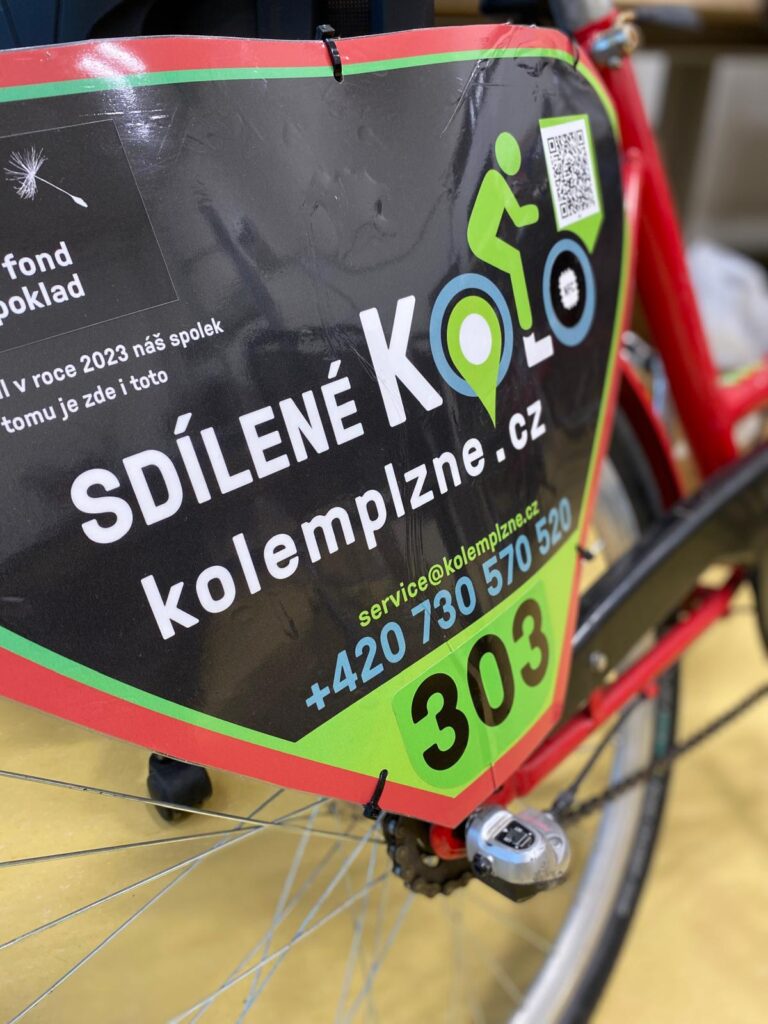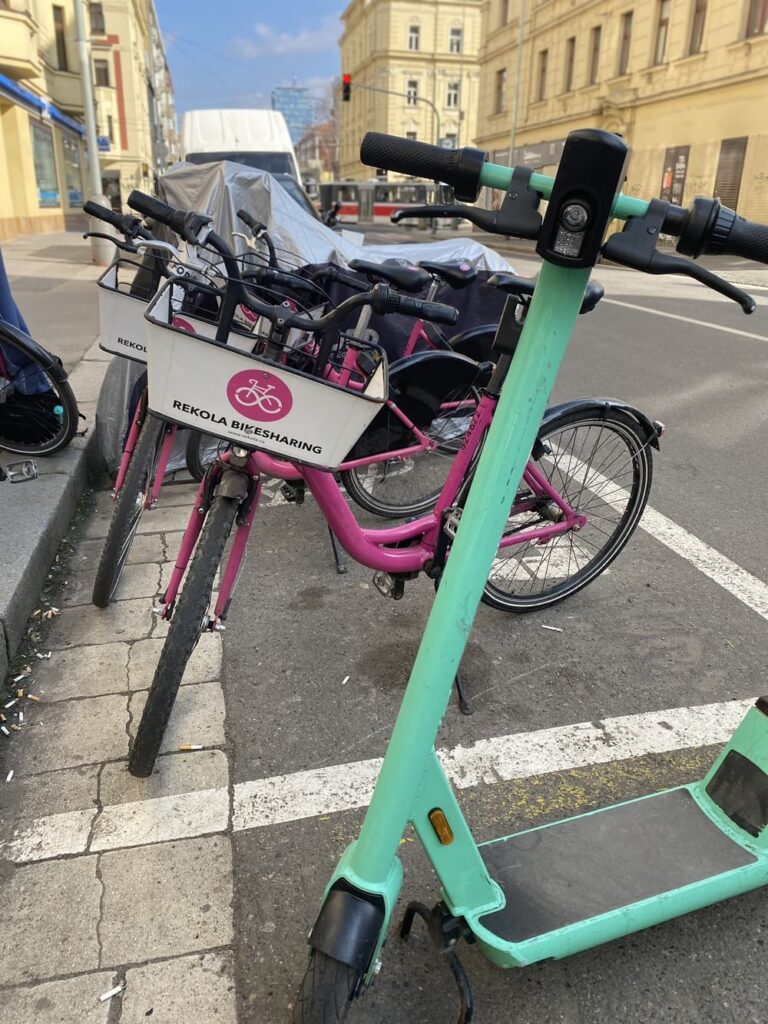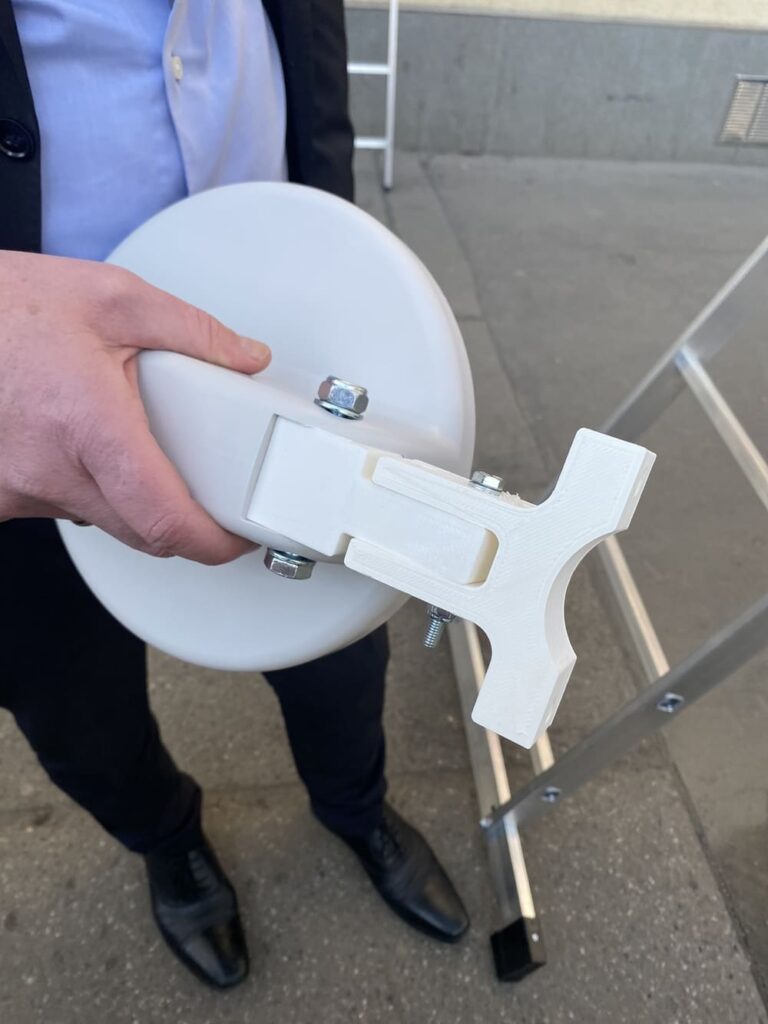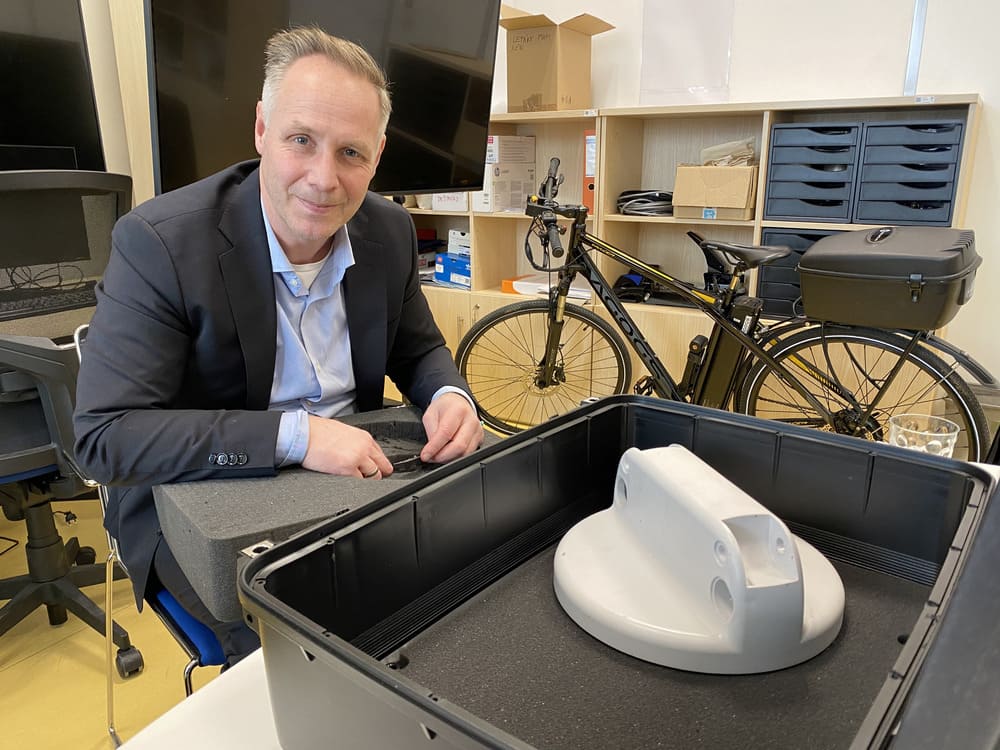As European cities grapple with the challenges of shared micromobility, the ParkedByMe project is setting a positive example in Prague. While cities like Madrid have recently implemented a sweeping ban on kick-scooters due to the operators’ inability to provide adequate parking and data, Prague is actively testing innovative high-precision parking technology aimed at improving the safety and efficiency of shared bikes and kick-scooters.
Challenges in Other European Cities
The recent ban in Madrid was a significant blow to kick-scooter operators, who were caught off guard by the mayor’s decision announced in September. The operators failed to provide the city with proper parking for shared kick-scooters and data on their use. Therefore, they were asked to leave Madrid streets effectively from October 2024. This move reflects a growing trend in several European capitals, such as Paris and Barcelona, where the lack of proper parking solutions and data management has led to stricter regulations on shared micromobility. In contrast, Prague is embracing innovation to address these challenges proactively.
Overview of the ParkedByMe Project
The ParkedByMe initiative, supported by EIT Urban Mobility, introduces state-of-the-art Bluetooth sensor technology that allows for centimeter-accurate parking of shared vehicles. This technology aims to mitigate the issues associated with improperly parked bikes and scooters, ensuring safer streets for all residents.
The pilot project is currently being implemented in Prague 7, where 25 locations have been identified for testing. Collaborating with the Department of Transport, high-precision sensors have been installed, and parking zones have been calibrated to guarantee accurate responses from shared vehicles when parked.
Diverse Approaches in Czech Cities
In the Czech Republic, cities have adopted various approaches to manage shared micromobility. For instance, in Hradec Králové, fees were initially charged for parking spaces before the city decided to allow only shared bikes after a short period. Meanwhile, Pilsen has not yet established dedicated parking spaces, with residents currently using KolemPlzne-branded shared bikes until a new operator is selected.
Hynek Horák, founder of the KolemPlzne bike-sharing operator, shared his enthusiasm: “We introduced shared bikes in Pilsen because it makes sense for us, and we want to help with the development of urban cycling. And that’s why it makes sense for us to work together on the ParkedByMe project.”






Supporting Sustainable Urban Mobility
The ParkedByMe project has garnered attention from key stakeholders, including Transport Minister Martin Kupka and Governor of the Central Bohemian Region Petra Pecková, who recognize its potential for transforming urban mobility.
This project not only aims to improve parking solutions but also enhances the ability to provide cities with accurate data on shared vehicle usage, which can inform future urban planning and mobility strategies. Pavel Chroust, Head of Innovation at PowerHUB, stated, “We believe that shared micromobility is a good example of emission-free last-mile transport in cities often brimming with cars.”
Conclusion
The ParkedByMe project is a pioneering step towards creating a more efficient and user-friendly environment for shared micromobility in Prague. By leveraging innovative technology and fostering collaboration among stakeholders, it sets a benchmark for other cities to follow, contrasting sharply with the challenges faced in cities like Madrid.

